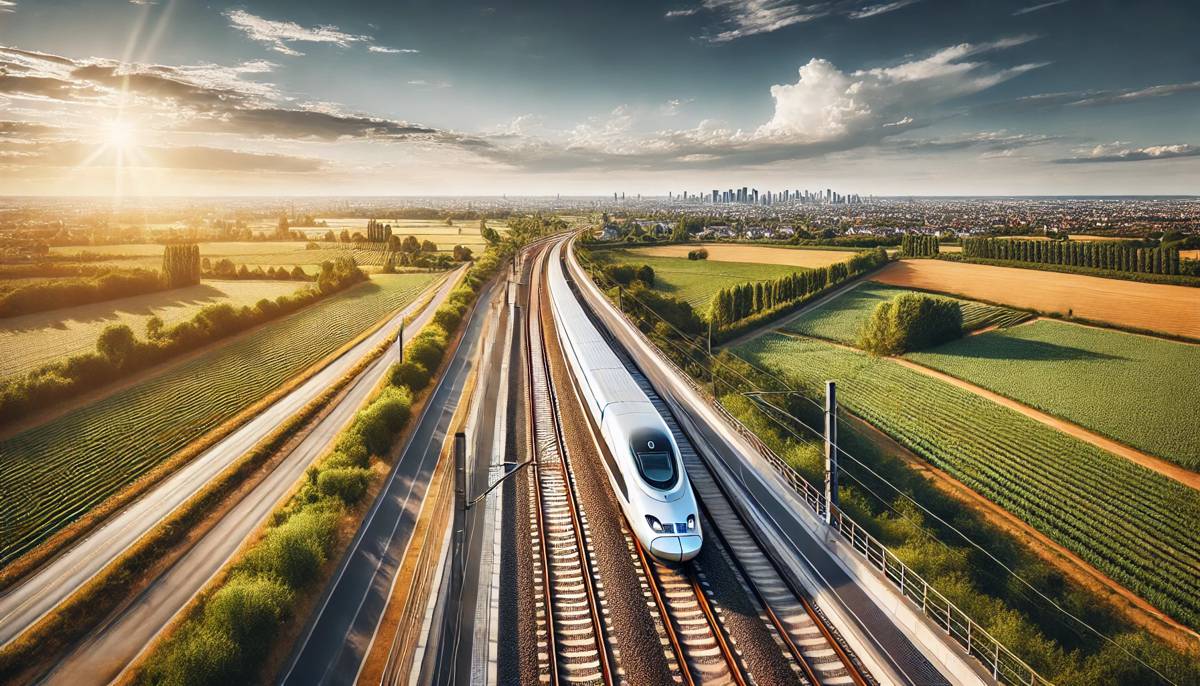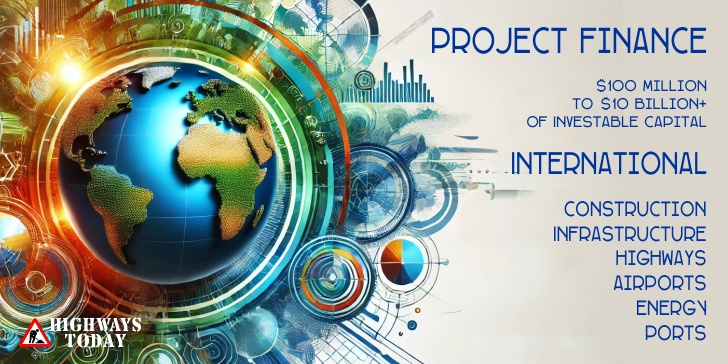VINCI Takes the Helm with Enhanced Stake in LISEA
VINCI Concessions has made headlines by finalising the acquisition of an additional 8.645% stake in LISEA, elevating its total shareholding to 42.045%. This move cements VINCI’s position as the largest shareholder in LISEA, the entity responsible for the South Europe Atlantic High-Speed Rail Line (SEA HSL) concession connecting Tours to Bordeaux.
The acquisition was facilitated through the purchase of shares from Ardian and Caisse des Dépôts et Consignations, two prominent players in infrastructure investment. This strategic move underlines VINCI’s commitment to enhancing sustainable mobility and reinforcing its leadership in the high-speed rail sector.
A Game-Changer in Rail Travel
The SEA HSL has transformed travel across France, reducing the journey between Paris and Bordeaux from three hours to a mere two. Built by a consortium spearheaded by VINCI Construction, this 302-kilometre rail line has bolstered regional economic development, connecting urban hubs and opening doors to tourism and commerce.
Since its inauguration in July 2017, the line has transported over 120 million passengers. Its stellar reputation for safety and reliability is largely credited to the efforts of LISEA and MESEA, the latter being the maintenance company in which VINCI Concessions holds a significant 70% stake.
MESEA’s Role in Operational Excellence
Ensuring the seamless operation of the SEA HSL, MESEA employs cutting-edge maintenance practices to uphold the highest standards in rail infrastructure. The company focuses on corrective, preventive, and predictive maintenance, leveraging advanced technology to identify potential issues before they escalate.
From supervising facilities to maintaining track systems, MESEA’s expertise ensures uninterrupted service and passenger safety. This meticulous approach has been instrumental in establishing the SEA HSL as a benchmark for high-speed rail operations globally.
Why This Acquisition Matters
VINCI’s expanded shareholding in LISEA goes beyond financial metrics; it signifies a strategic commitment to sustainable transport solutions. By deepening its involvement in LISEA, VINCI is poised to influence long-term operational strategies, drive innovation, and enhance customer experiences.
This acquisition aligns with VINCI’s broader goals of promoting low-carbon transport and reducing environmental impacts. High-speed rail systems like the SEA HSL play a critical role in shifting passengers from cars and planes to more sustainable modes of travel.
The Economic Ripple Effect
The SEA HSL’s impact extends far beyond travel convenience. Regions along its route have seen increased economic activity, with businesses benefiting from improved connectivity. Moreover, tourism has flourished as Bordeaux and its surrounding areas become more accessible to international and domestic visitors.
This enhanced connectivity has also attracted new investments in real estate and commercial developments, further boosting local economies. By holding a controlling stake in LISEA, VINCI is in a prime position to drive these positive economic trends forward.
Key Takeaways:
- Increased Shareholding: VINCI now holds a 42.045% stake in LISEA, solidifying its leadership.
- Enhanced Mobility: The SEA HSL cuts travel time between Paris and Bordeaux, promoting economic growth and sustainability.
- Operational Excellence: MESEA’s advanced maintenance strategies ensure safety and reliability.
- Sustainability Focus: VINCI’s investment aligns with global efforts to reduce carbon footprints through efficient rail transport.
- Economic Boost: Regions along the SEA HSL benefit from heightened connectivity and increased tourism.
Looking Ahead
With this strategic acquisition, VINCI demonstrates its unwavering commitment to innovation and sustainability in transport infrastructure. By leveraging its expanded role in LISEA, VINCI is set to lead the charge in shaping the future of high-speed rail in Europe.
This milestone marks not just an achievement for VINCI but also a significant step forward in sustainable mobility.






























